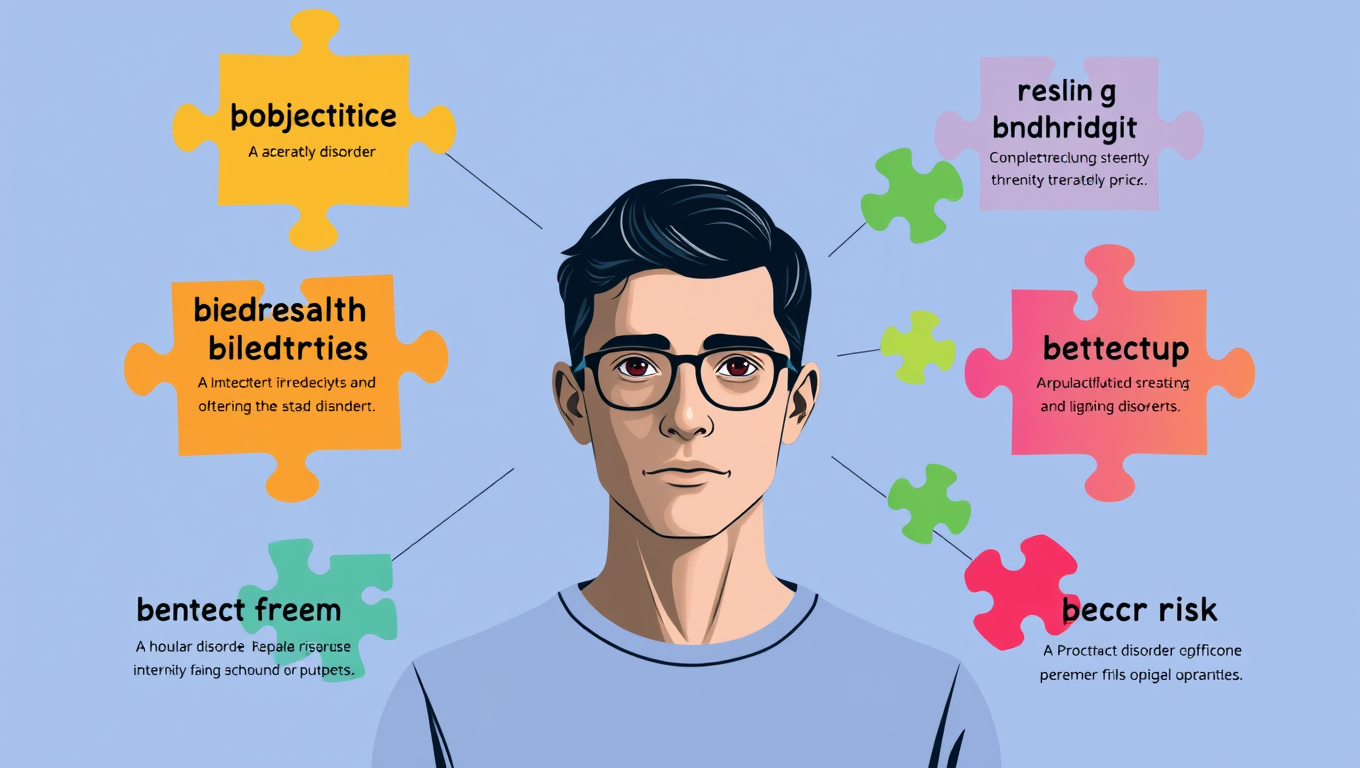While we try to keep things accurate, this content is part of an ongoing experiment and may not always be reliable.
Please double-check important details — we’re not responsible for how the information is used.
Attention Deficit Disorder
Personalizing Bipolar Disorder Treatment: Unlocking the Potential of Personality Tests
A new study suggests that it might be possible to personalize care for people with bipolar disorder, using the results of detailed personality tests. It finds that such tests might help identify people who have certain combinations of personality traits that could raise or lower their risk of repeated depressive episodes or poor functioning in everyday life.

ADD and ADHD
Breaking the Cycle: How ADHD and Insomnia Can Intersect to Affect Quality of Life
Struggling to sleep might be the hidden reason why adults with ADHD traits often feel less satisfied with life. New research reveals a strong link between insomnia and reduced well-being in people with ADHD symptoms, suggesting a vicious cycle where poor sleep worsens attention and emotional issues, and vice versa.
Attention Deficit Disorder
Higher Risk of Mental Health Issues Found in Offspring of Parents with Schizophrenia or Bipolar Disorder
A new study confirms that children of people with schizophrenia or bipolar disorder have a higher risk of developing psychopathology compared to children whose parents do not have these conditions. The study, examines how the clinical and social characteristics of parents influence the mental health of their offspring.
ADD and ADHD
Good News for Migraine Sufferers: Study Finds No Increased Risk of Neurodevelopmental Disorders in Children Exposed to Triptans During Pregnancy
There’s good news for people with migraine who take common drugs before or during pregnancy — a new study found no increase in neurodevelopmental disorders such as autism and ADHD in their children. The study looked at drugs used for migraine attacks called triptans.
-

 Detectors9 months ago
Detectors9 months agoA New Horizon for Vision: How Gold Nanoparticles May Restore People’s Sight
-

 Earth & Climate10 months ago
Earth & Climate10 months agoRetiring Abroad Can Be Lonely Business
-

 Cancer10 months ago
Cancer10 months agoRevolutionizing Quantum Communication: Direct Connections Between Multiple Processors
-

 Albert Einstein10 months ago
Albert Einstein10 months agoHarnessing Water Waves: A Breakthrough in Controlling Floating Objects
-

 Chemistry10 months ago
Chemistry10 months ago“Unveiling Hidden Patterns: A New Twist on Interference Phenomena”
-

 Earth & Climate10 months ago
Earth & Climate10 months agoHousehold Electricity Three Times More Expensive Than Upcoming ‘Eco-Friendly’ Aviation E-Fuels, Study Reveals
-

 Agriculture and Food10 months ago
Agriculture and Food10 months ago“A Sustainable Solution: Researchers Create Hybrid Cheese with 25% Pea Protein”
-

 Diseases and Conditions10 months ago
Diseases and Conditions10 months agoReducing Falls Among Elderly Women with Polypharmacy through Exercise Intervention





























